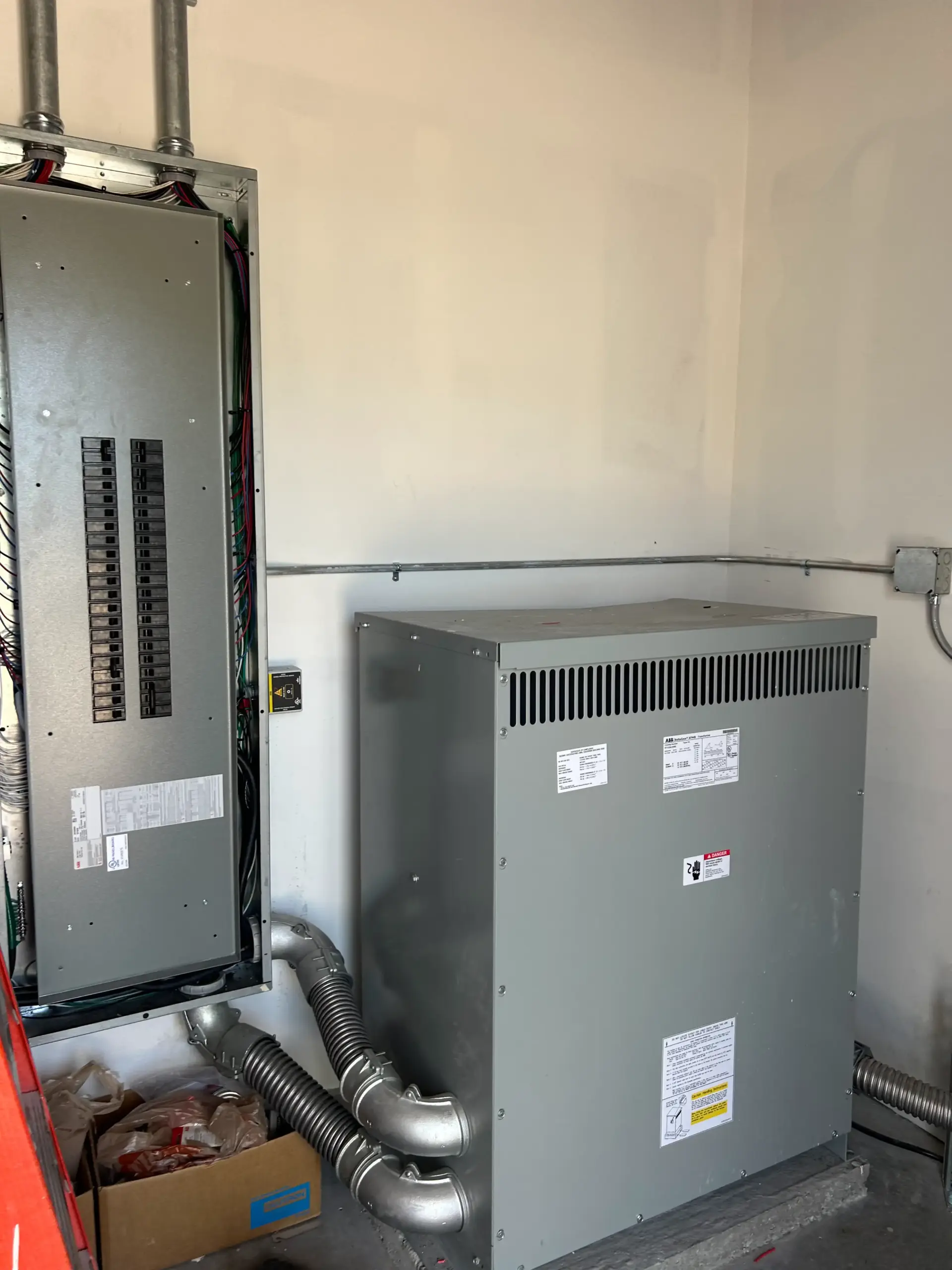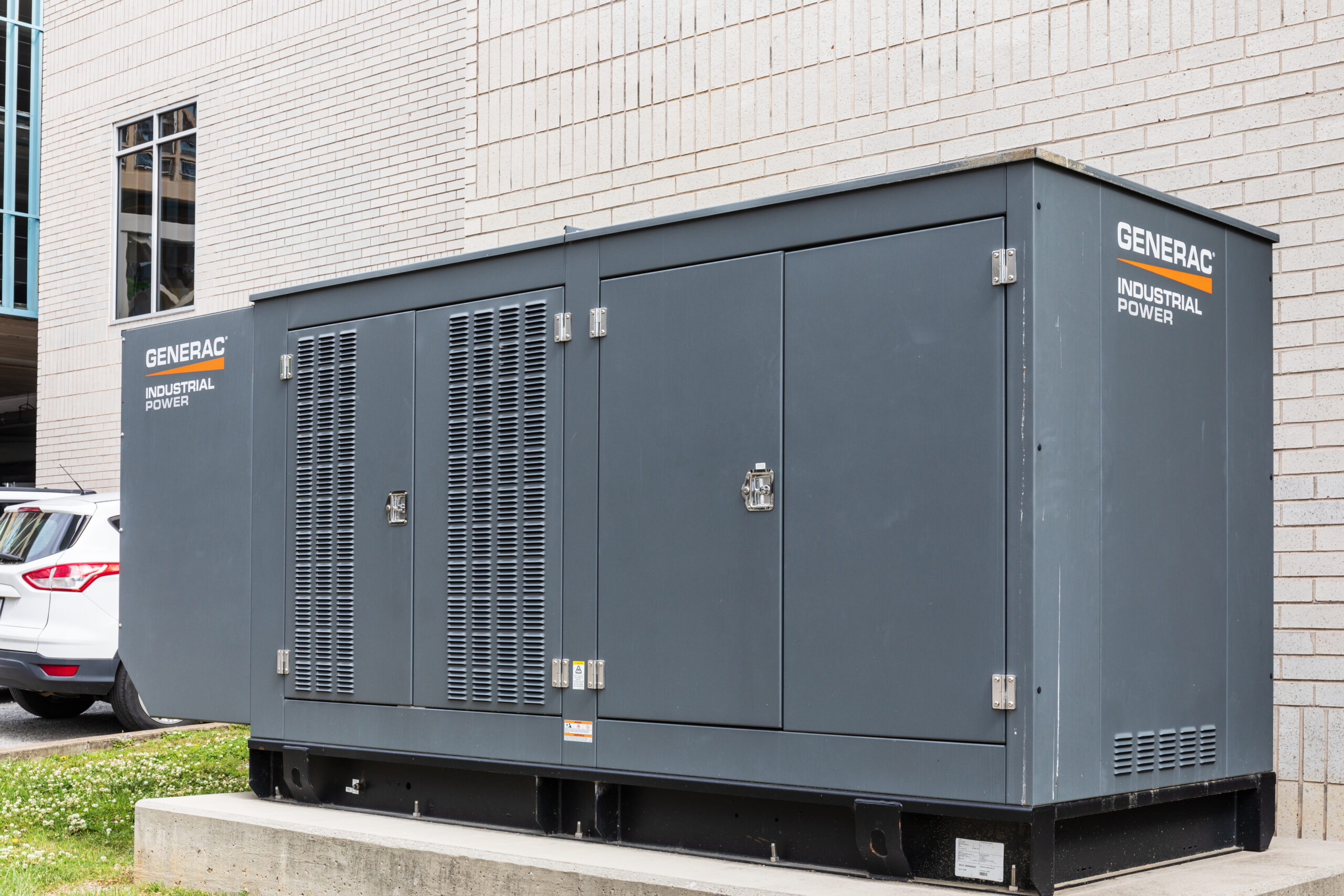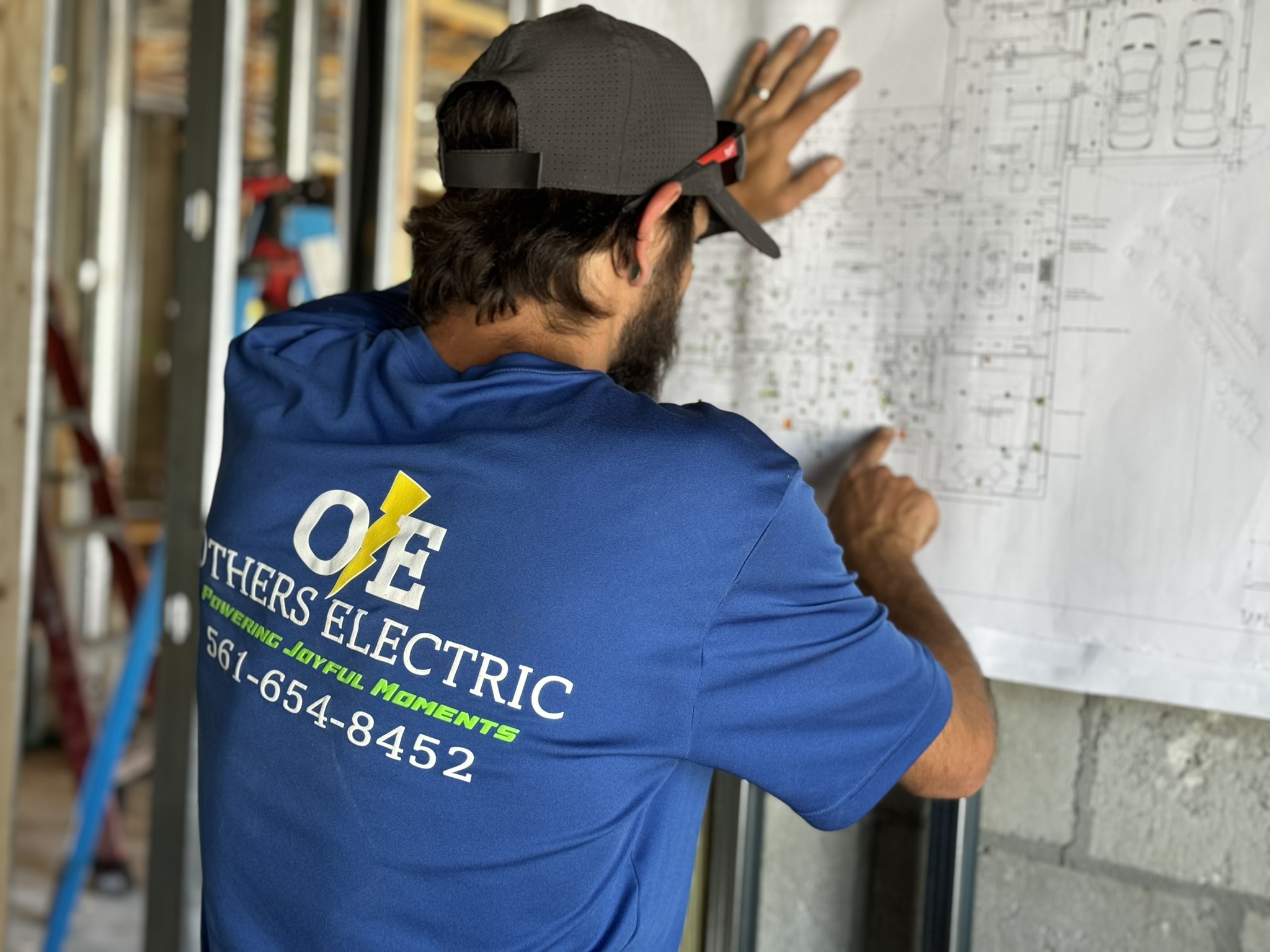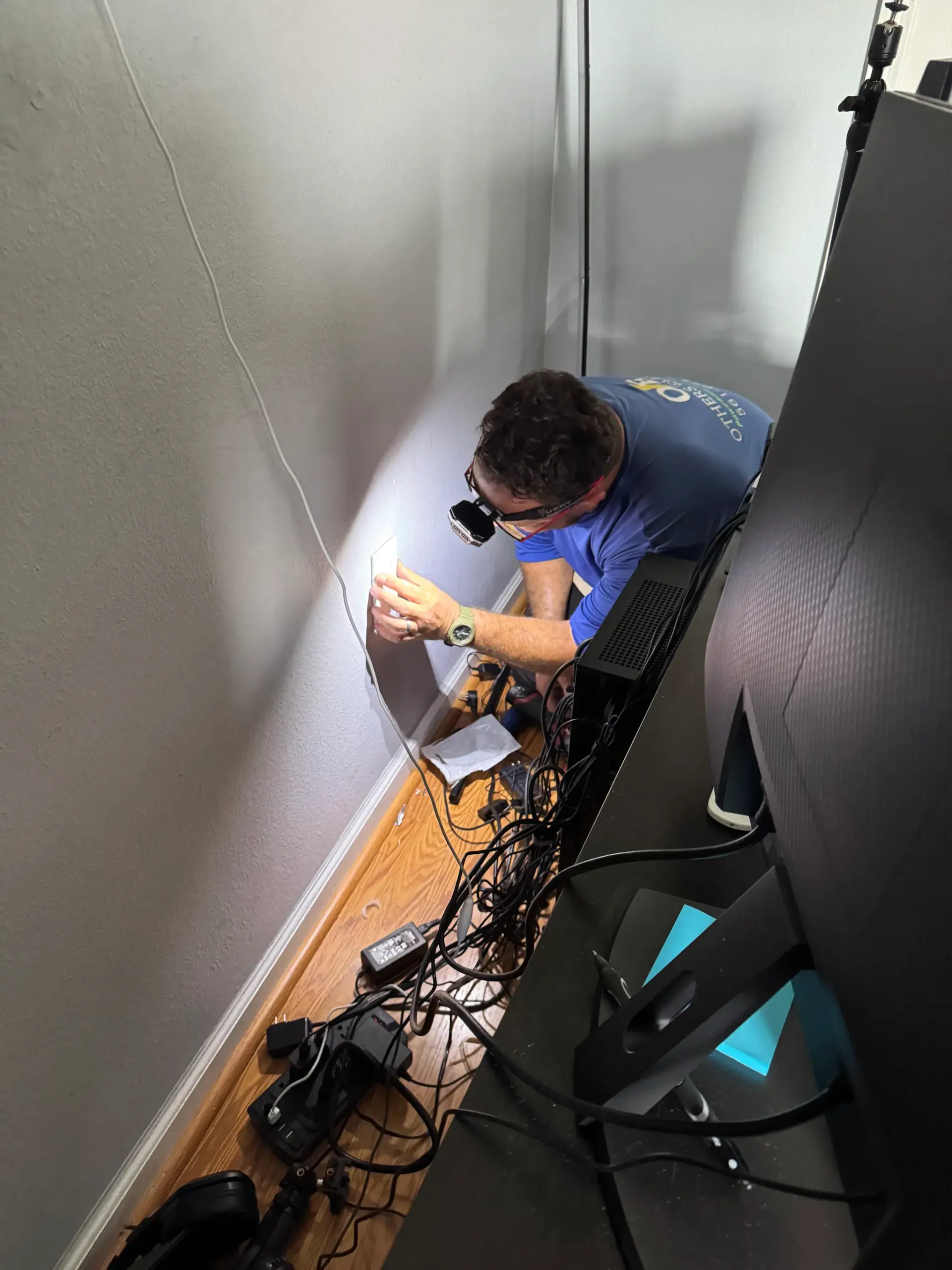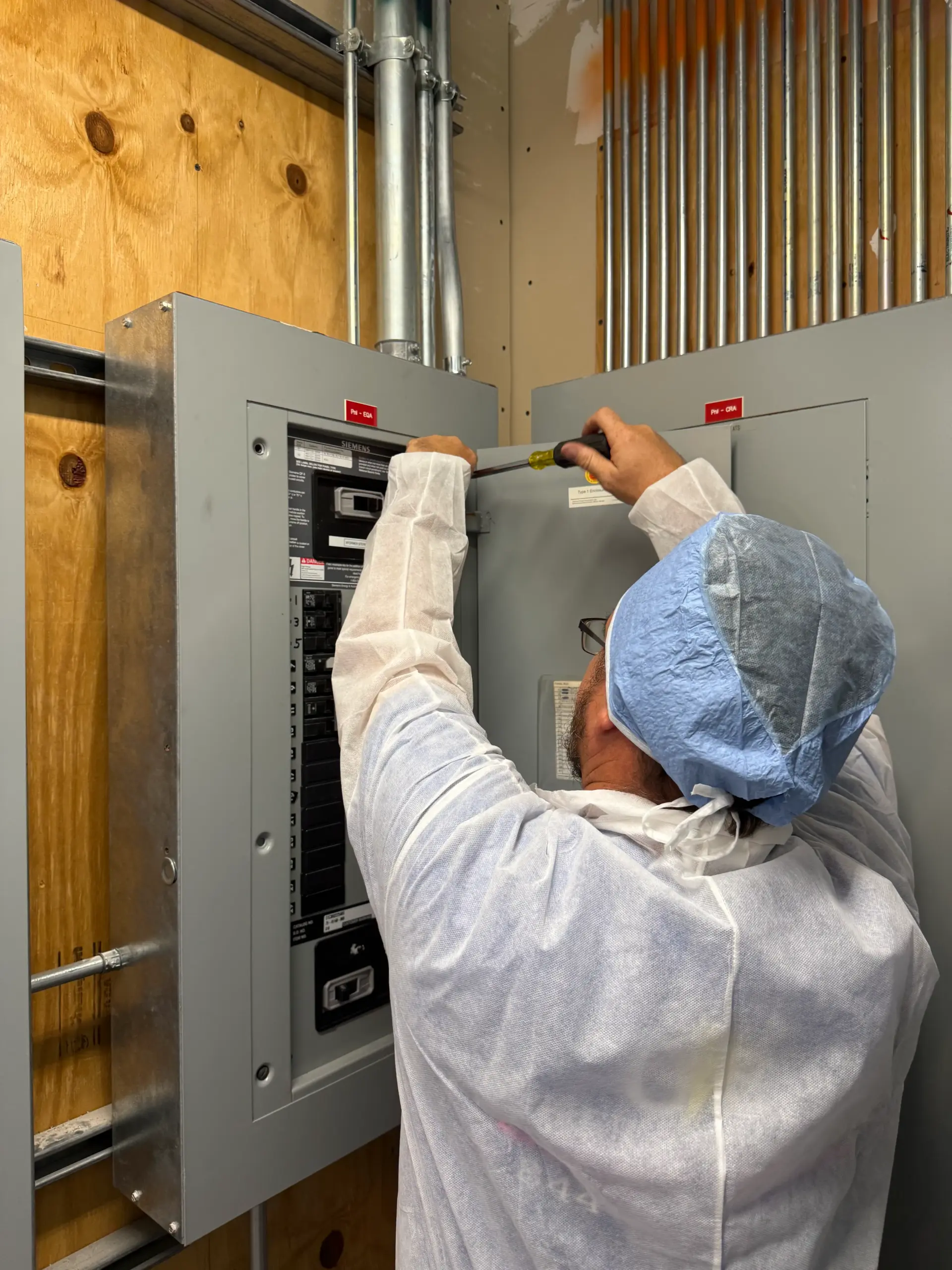Electricity is an integral part of modern living, powering everything from lights to appliances, and entertainment systems. However, most people don’t fully understand how the electrical systems in their homes function. You might be wondering how does home electrical work. Whether you’re flipping a switch, plugging in a device, or turning on the air conditioner, electricity flows through a carefully designed system that brings power safely and efficiently to every corner of your house. In this article, we will take a detailed look at how home electrical systems work, what components make up the system, and why it’s essential to maintain them properly.

Understanding Electrical Circuits
The core of any home electrical system is the circuit. A circuit is a closed loop that allows electricity to flow from a power source, through various components, and back again. In your home, the circuit begins at the main electrical panel, where electricity enters from the utility grid. This electrical current is then distributed through different wires and outlets to power your appliances, lights, and electronics.
Every circuit in your home must be complete for electricity to flow. For example, when you flip a light switch on, you’re closing the circuit, allowing electricity to flow to the light fixture. When you turn the switch off, the circuit is broken, stopping the flow of electricity. Properly designed circuits ensure that electricity travels safely to its destination without overloading the system.
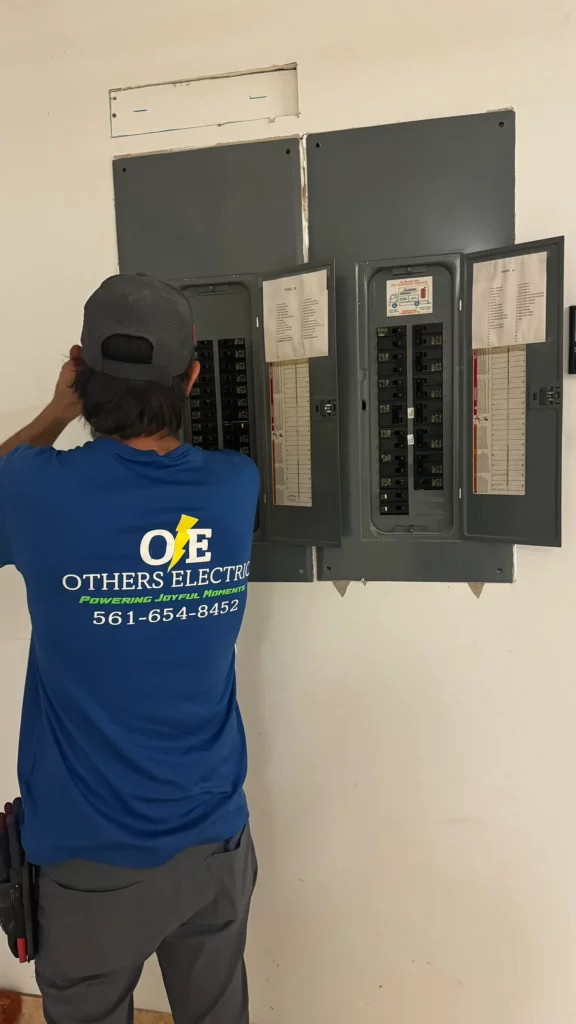
Main Components of a Home Electrical System
Home electrical systems are made up of several critical components that work together to deliver electricity throughout the house. Each of these components plays an important role in ensuring safe and efficient power distribution.
Main Service Panel: The main electrical panel, also known as the breaker box, is where electricity from the utility company enters your home. It serves as the central hub for all the electrical circuits in your house. Inside the panel, you’ll find circuit breakers, which are designed to shut off the flow of electricity if the system becomes overloaded or a short circuit occurs.
Circuit Breakers: These are safety devices that automatically cut off power when an electrical issue, such as an overload or short circuit, is detected. Circuit breakers protect your home from electrical fires and equipment damage by interrupting the flow of electricity before it becomes dangerous.
Wiring: The wiring in your home carries electricity from the main service panel to outlets, switches, and fixtures. There are various types of wiring used in homes, including copper and aluminum wires, each designed to handle different levels of electrical current. Properly installed and maintained wiring is essential to prevent electrical problems such as short circuits or fires.
Outlets and Switches: Electrical outlets are the points where you can plug in devices and appliances. Switches, on the other hand, control the flow of electricity to lights and other fixtures. Both outlets and switches need to be properly wired and grounded to function safely.
Grounding System: Grounding is a crucial part of any electrical system. It provides a safe path for electricity to travel in case of a fault, such as a short circuit or lightning strike. Without proper grounding, excess electricity could cause electrical shocks or fires. Ground wires connect the electrical system to the earth, preventing dangerous electrical buildups.
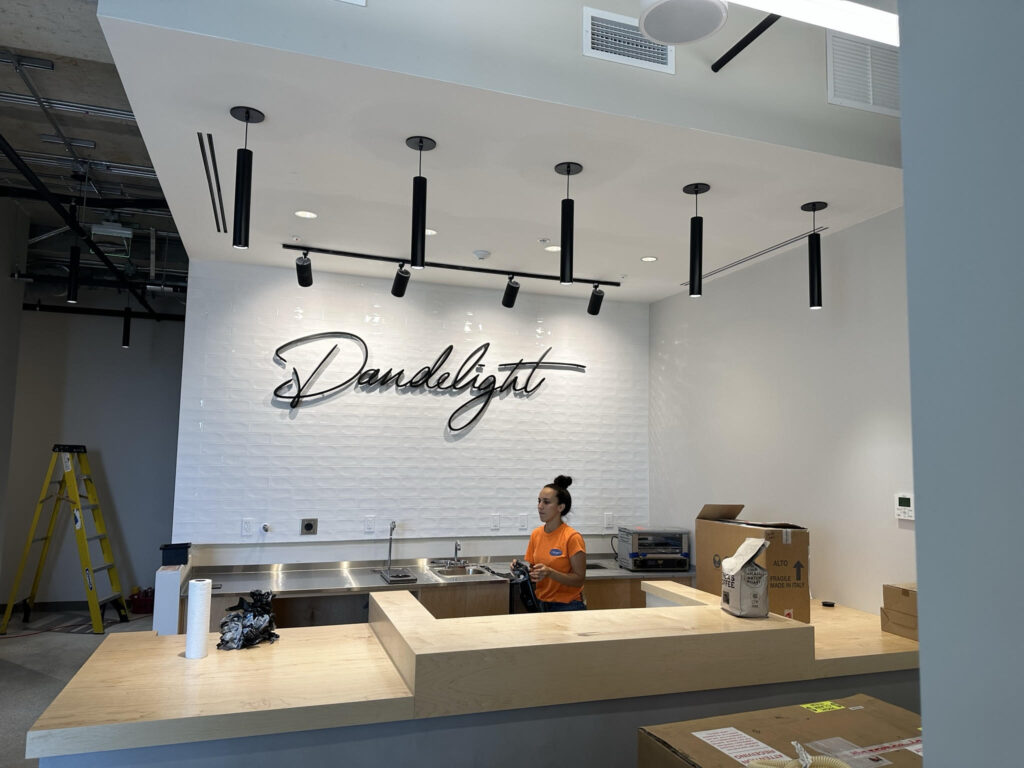
How Electricity Flows Through a Home
Electricity enters your home from the local utility company through power lines and passes through a meter, which records how much electricity your household consumes. From the meter, the electricity flows into your main electrical panel, where it’s divided into individual circuits, each protected by a circuit breaker.
Each circuit in your home is designed to power a specific group of devices or appliances. For example, you may have one circuit dedicated to the kitchen appliances and another circuit for lighting throughout the house. Electrical wiring distributes the current to the various outlets and fixtures, allowing you to plug in devices or switch on lights.
The flow of electricity is always seeking to return to the power source, completing the circuit. This return path is known as the neutral wire. It carries electricity back to the main panel and eventually to the utility grid, allowing the current to flow in a continuous loop.
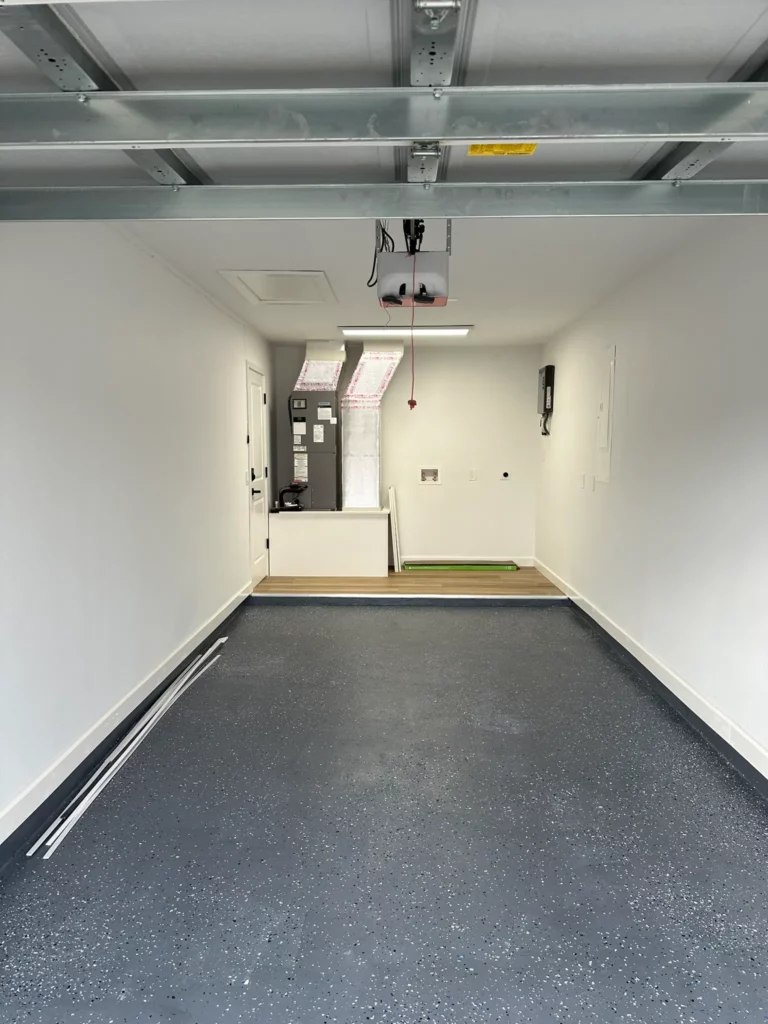
Types of Circuits in a Home
There are two primary types of circuits in a home: branch circuits and dedicated circuits.
Branch Circuits: These are the general-purpose circuits that power most of your home’s outlets, lights, and small appliances. Branch circuits are shared by multiple devices and typically use 15- or 20-amp breakers. They are designed to handle lower power loads, such as lamps, televisions, and computers.
Dedicated Circuits: Certain appliances, like refrigerators, washing machines, and air conditioning units, require their own dedicated circuits. These circuits are not shared with other devices and typically use 30-amp breakers or higher. Dedicated circuits prevent these high-power appliances from overloading the system or causing electrical problems elsewhere in the home.
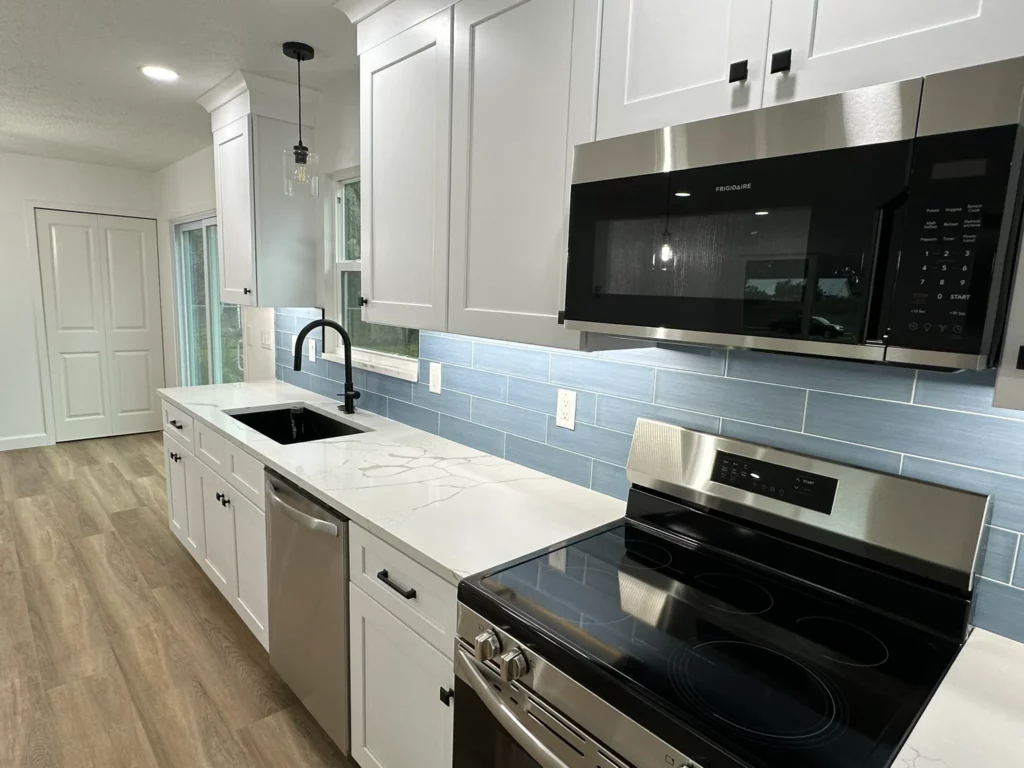
Safety Considerations for Home Electrical Systems
Home electrical systems are designed with safety in mind, but there are still potential hazards to be aware of. Regular maintenance, proper use of appliances, and timely repairs are essential to keep your electrical system functioning safely.
Overloading Circuits: One of the most common electrical problems is overloading a circuit by plugging in too many devices. When a circuit is overloaded, it draws more current than it was designed to handle, which can cause the wires to overheat and lead to a fire. Always be mindful of how many devices are connected to a single circuit and avoid using multiple power strips in one outlet.
Faulty Wiring: Damaged or improperly installed wiring is another major safety concern. Frayed wires, loose connections, or outdated wiring can all increase the risk of electrical fires. If you suspect an issue with your home’s wiring, it’s essential to have it inspected by a professional electrician.
Ground Faults and Short Circuits: Ground faults occur when electricity escapes the intended circuit and travels through a person or an unintended path. Short circuits happen when electricity takes a shortcut, bypassing the regular circuit path and causing excessive heat. Both can be extremely dangerous and are a leading cause of electrical fires.
Ground Fault Circuit Interrupters (GFCIs): GFCIs are specialized outlets designed to protect against ground faults by cutting off power when they detect an imbalance in the electrical current. These outlets are typically installed in areas where water is present, such as kitchens, bathrooms, and outdoor spaces.
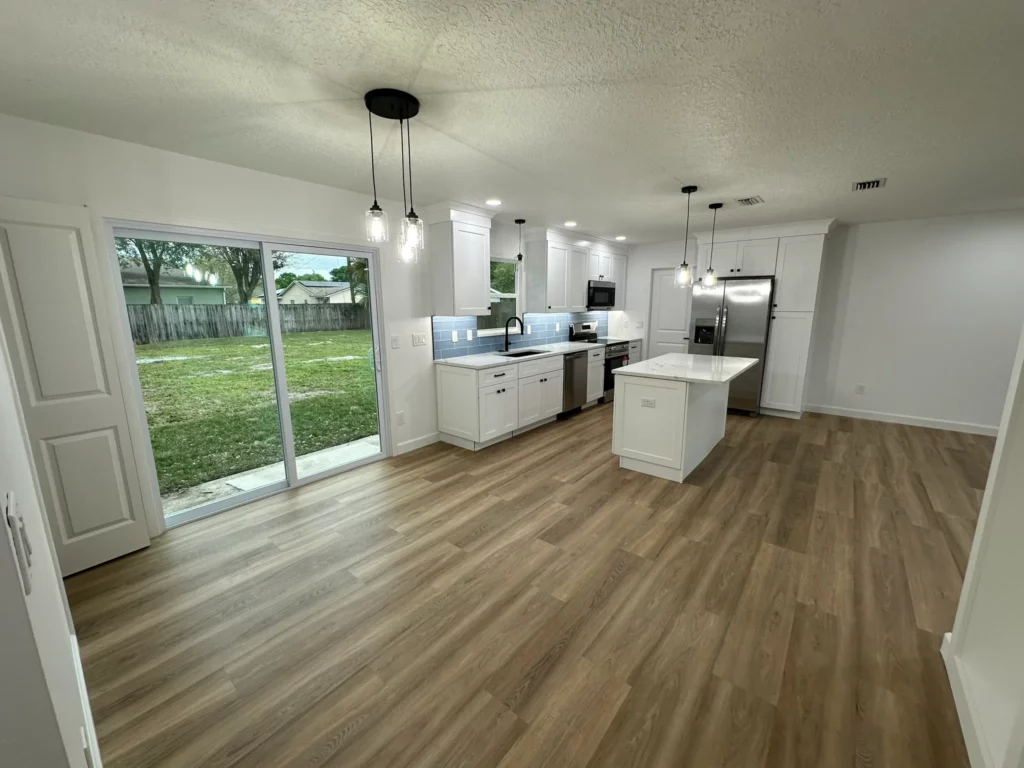
The Importance of Professional Electrical Maintenance
Maintaining your home’s electrical system is crucial to ensuring safety and efficiency. Regular inspections by a qualified electrician can identify potential issues before they become serious problems. During an inspection, the electrician will check the condition of the wiring, circuit breakers, outlets, and other components, making any necessary repairs or upgrades.
Additionally, if you’re planning any renovations or adding new appliances, it’s important to ensure that your electrical system can handle the additional load. An electrician can assess your current system and, if needed, install new circuits or upgrade the main service panel to accommodate increased electrical demands.

Conclusion: Understanding Your Home’s Electrical System
A well-maintained electrical system is essential for the safety, comfort, and functionality of your home. Understanding how electricity flows through your home and the components that make up the system can help you identify potential issues and ensure that everything operates smoothly.
At Others Electric, we specialize in residential electrical services, including repairs, inspections, and installations. Whether you need a routine electrical checkup or are experiencing a specific problem, our team of skilled electricians is here to help. Contact us today to learn more about how we can keep your home’s electrical system running safely and efficiently.


